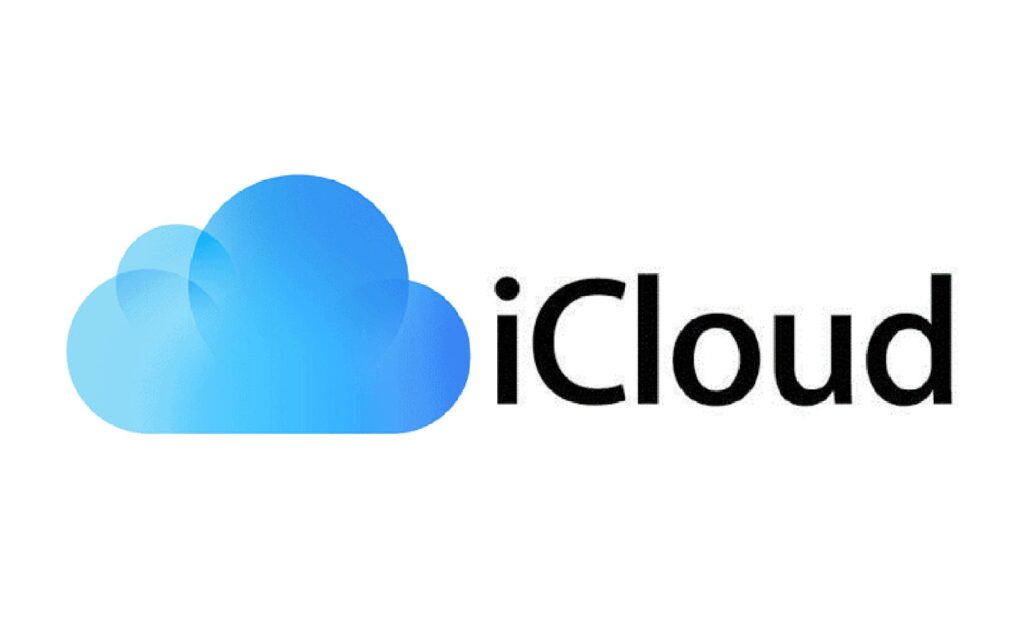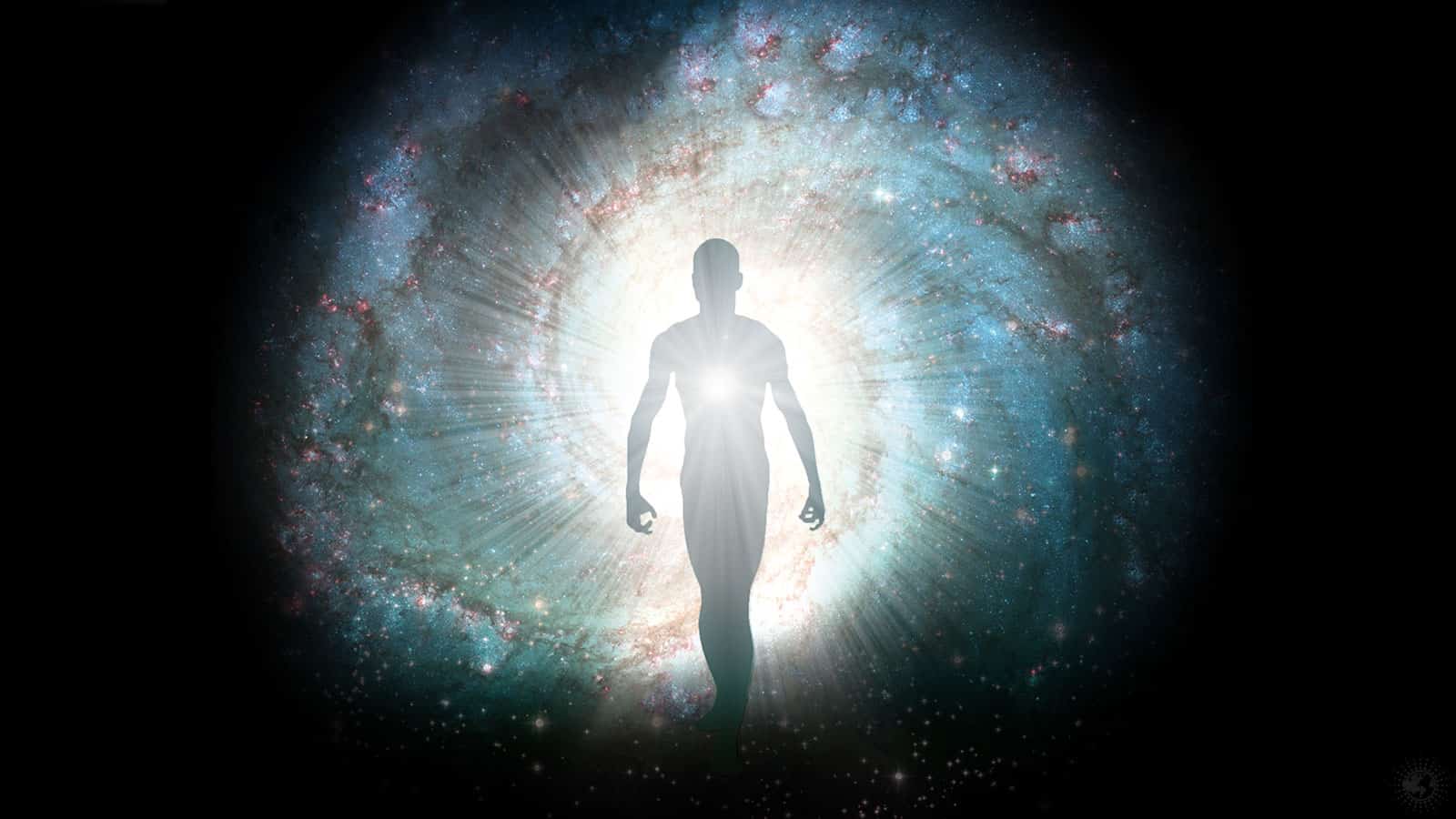When Steve Jobs passed away in 2011, his funeral was greatly influenced by Hinduism. While his products and services have undoubtedly had a significant impact on modern society, did you know that he also created services that embody the teachings of Hinduism, which many people use on a daily basis?
Generally speaking
Hinduism is based on the belief in reincarnation, where good deeds in this life lead to a better afterlife, and the pursuit of Dharma (law), Artha (wealth), and Kama (love) are the three main objectives of life. Ultimately, the goal is to achieve liberation from the cycle of reincarnation, which is considered the highest goal of life.
TRANSIT(Japanese Site)
I believe that Steve Jobs boldly applied this concept to modern life and successfully commercialized it.
Reincarnation
The concept of reincarnation has become established in Japanese society as a mysterious idea that is not necessarily considered a religious concept, but rather something that can be seen as possible. However, if asked to provide evidence, it cannot be clearly proven.

The service modeled after Steve Jobs’ concept of reincarnation
is the “iCloud” service, which many people now use without a second thought. Just like humans, iPhones have a lifespan and eventually “die.” However, smartphones can store an immense amount of “memories,” which can be seen as the user’s identity.
Such personal life memories are temporarily stored in iCloud, which imitates the Akashic Records.
Can such highly personal memories be erased by the death of the physical body, or in other words, the lifespan of the smartphone? Steve Jobs may have thought, can’t we make a service that embodies the concept of reincarnation in Hinduism? With this in mind, the concept of iCloud becomes understandable.
In other words, by moving the memory of a smartphone to iCloud and returning it to a new body, which is another smartphone, it is possible to inherit a continuous identity. Perhaps it was thought that by using this artificial model of reincarnation, more essential collective knowledge could be obtained. The fact that this paid service exists can be seen as paradoxically affirming the correctness of the concept of reincarnation.
Avatar
“Avatar” is another word with its roots in Hinduism, meaning the incarnation of a god, but in the IT field, it refers to an “alias” of the user within the system.

James Cameron made a movie with this name. In the film, there is a depiction of transferring the “soul” of a human being from Earth to a biologically optimized body on a planet with a different environment for colonization. That body is an “avatar” for storing the soul.
The point of this movie
is that our physical bodies themselves may be nothing more than vessels for storing our identities, just like our smartphones. If we could choose our vessel in order to fully exhibit our personality in a certain environment, as in the movie, then Hindu thought would be very understandable to modern people.
It’s like changing from an iPhone to an Android due to work reasons, where the transferred identity remains the same.
Summary
It is very interesting to see how Hindu concepts deeply influence the latest science fiction movies and services in this age where the internet is commonly used. This article of Japanese ver is here.



